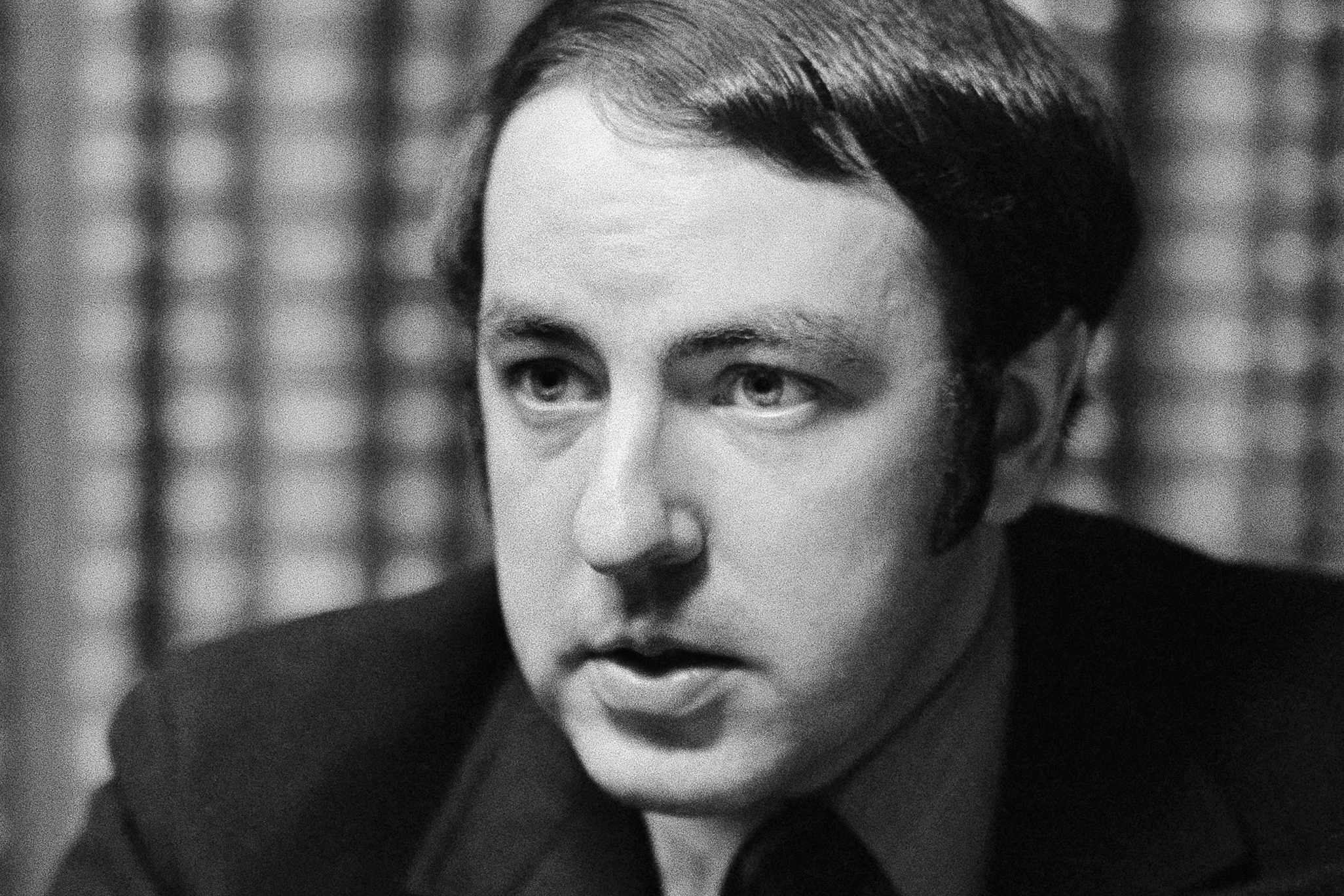
Obituaries for Roger Ailes, who has died at 77, are likely to focus on Ailes’ crucial role in the history of Fox News, the cable television network from which he resigned last year amid a wave of sexual harassment allegations, after having shaped it into a major force in American media and political life.
But before he managed Fox, he managed Richard Nixon, prepping the candidate for television interviews ahead of the 1968 presidential election.
As a 29-year-old, he was tasked with transforming the public image of a man about twice his age, the former Vice President whose pale and sweaty image during the 1960 presidential debate with JFK had significantly damaged that previous presidential run. Ailes “made Nixon into the media candidate he clearly was not in his saggy-jowled, I know what it’s like to be poor days,” as TIME put it in 1972.
If you thought Nixon didn’t mince words, Ailes was just as tough on Nixon. Just look at how he prepped Nixon for The Mike Douglas Show in 1967, according to TIME’s 1969 book review for The Selling of the President 1968 by Joe McGinniss, a journalist who covered Nixon on the campaign trail:
Ailes developed the “man in the arena” format, in which Nixon confronted a panel of questioners and a studio audience. “Let’s face it,” Ailes told a studio director in Philadelphia. “A lot of people think Nixon is dull. They look at him as the kind of kid who always carried a book bag, who was 42 years old the day he was born. They figure other kids got footballs for Christmas, Nixon got a briefcase and he loved it. That’s why these shows are important: to make them forget all that.”…
Ailes also stage-managed Nixon’s appearance: a suntan instead of slapdash makeup jobs; no lectern to hide behind. Ailes kept the set simple, the colors manly. Once Chicago set designers tried to use oh-so-chic turquoise curtains as a back drop. “Those stupid bastards,” railed Ailes. “Nixon wouldn’t have looked right unless he was carrying a pocketbook.”
For the July 3, 1972 issue, TIME shadowed Ailes’s bootcamp for Republican candidates for federal office, where the words of wisdom ranged from “Money is the mothers’ milk of politics” to “Get long socks. Nobody likes to see a patch of bare leg over a droopy sock.” But, as befit the future Fox mogul, TV was at the center of attention:
Television is the primary subject in Ailes‘ curriculum. He noted that 73% of the people who vote in elections claim that they had their major contact with the campaign through television, as compared with 68% with newspaper and magazine contact and 63% by direct mail. He cautioned: “Don’t fall into the trap of believing that anything on TV is a false image and in person everything is real. What the camera does is simply magnify. You are what you are and you can’t hide it. Anyway, how much did you know about a candidate when he waved to you from the back of a train?” Using video clips from training sessions with various high-level candidates (Nixon, James Buckley, Robert Wagner), Ailes demonstrated such tricks as bouncing the eyes downward when changing your gaze from one camera to eliminate that startled-fawn look.
Other advice: find out who your interviewer is going to be and offer to write your own introduction. Check the lighting (Ailes suggests that black candidates need 100 candle power more illumination), and make sure nothing about your appearance distracts the audience. For dealing with the writing press, Ailes warned: “Never get up there without thinking what’s the worst question that could be asked and having an answer.”
Overall, he and [colleague Gordon] Wade are pleased that the candidates feel they have learned how to be better candidates. But Ailes parted Detroit with a sobering thought: “Politics is fun. Everybody agrees to that. But government is hard work. We’ve got to teach that, too.”
Ailes went on to coach other Republican presidents. As TIME reported in a 1988 blurb on Ailes’ book You Are the Message, Ailes fed Ronald Reagan — whose age was a concern for some voters — the line ”I’m not going to exploit for political purposes my opponent’s youth and inexperience” for his second presidential debate with Walter Mondale, and coached George H.W. Bush throughout the ’80s, “teaching him to slow his speech and keep his voice from rising to a reedy whine.”
His training could be a wake-up call about the way politics and entertainment fit together — for better or for worse. As Nixon lamented to Ailes ahead of The Mike Douglas Show in 1967, “It’s a shame a man has to use gimmicks like this to get elected.”
More Must-Reads From TIME
- Dua Lipa Manifested All of This
- Exclusive: Google Workers Revolt Over $1.2 Billion Contract With Israel
- Stop Looking for Your Forever Home
- The Sympathizer Counters 50 Years of Hollywood Vietnam War Narratives
- The Bliss of Seeing the Eclipse From Cleveland
- Hormonal Birth Control Doesn’t Deserve Its Bad Reputation
- The Best TV Shows to Watch on Peacock
- Want Weekly Recs on What to Watch, Read, and More? Sign Up for Worth Your Time
Write to Olivia B. Waxman at olivia.waxman@time.com